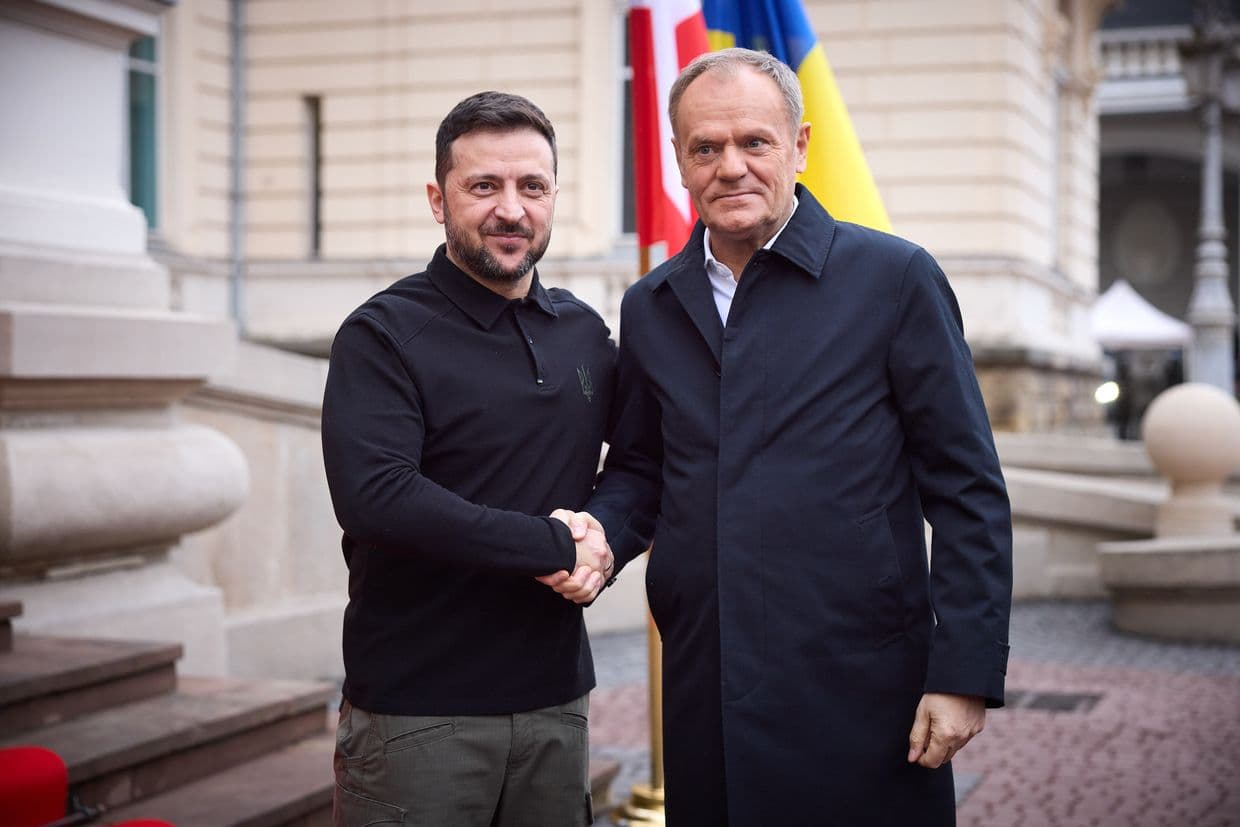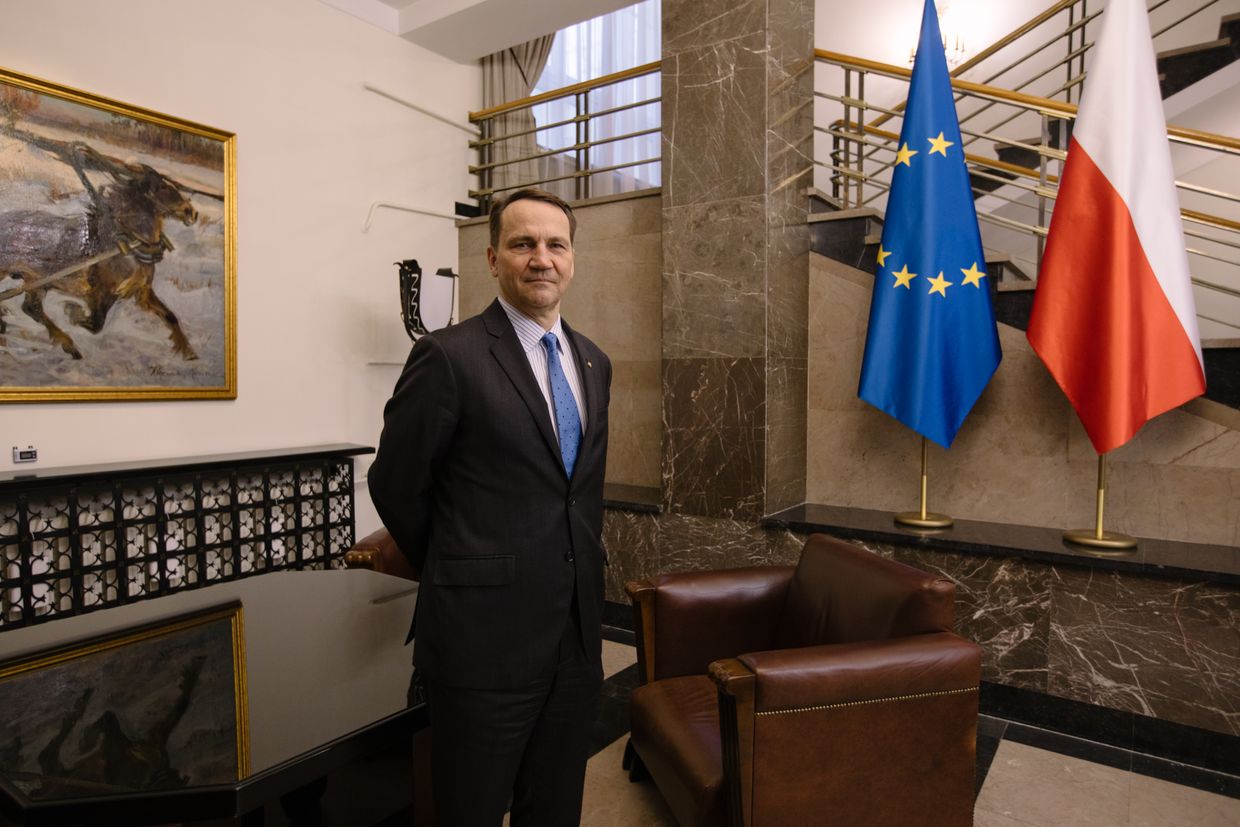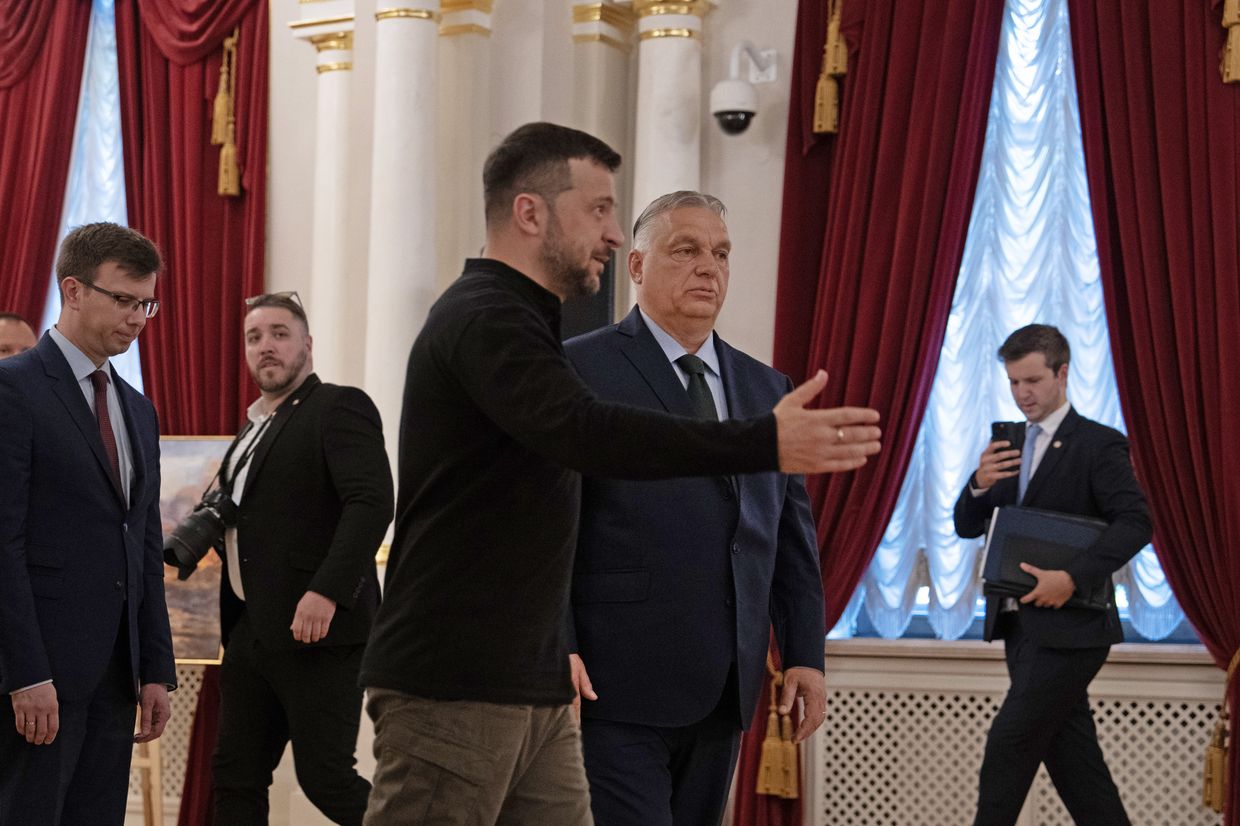Poland-Ukraine relations show progress on historical issues, defense cooperation, Tusk says

President Volodymyr Zelensky met with Polish Prime Minister Donald Tusk in Lviv on Dec. 17 to discuss bilateral cooperation, historical reconciliation, and coordination with Western partners.
Both leaders reported progress in addressing complex historical issues, including the legacy of the Volyn massacre.
Zelensky highlighted the ongoing collaboration between the Ukrainian and Polish Ministries of Culture on historical matters, saying: "There is cooperation, there are meetings, joint work has begun, and there is progress in this."
Tusk acknowledged the challenges but emphasized that history "certainly cannot divide us."
Poland has long sought progress on the exhumation of victims of the 1940s events in Volyn, and Tusk said he's understanding Ukraine's current challenges. He reaffirmed that historical complexities would not undermine the strong alliance between the two nations.
The leaders also discussed the front-line situation, diplomatic strategies, and the need for a just peace. Tusk underscored the importance of unwavering Western support, warning against speculation of a Ukrainian defeat, which he dismissed as baseless.
Zelensky emphasized the shared vision of a strong and secure Ukraine supported by Western unity.
Expectations for Poland's upcoming presidency of the Council of the European Union in 2024 were addressed, along with discussions on defense cooperation.
Zelensky expressed gratitude for Poland's military aid and its support for Ukraine’s NATO and EU aspirations. Tusk reaffirmed Poland's steadfast backing for Ukraine's European integration and security objectives, calling it vital for regional stability.
The ongoing dialogue over the Volyn massacre continues to be a sensitive issue in Polish-Ukrainian relations.
While Polish officials characterize the events as genocide perpetrated by the Ukrainian Insurgent Army (UPA), Ukrainian officials have called for recognizing shared responsibility for the violence, which claimed the lives of tens of thousands of Poles and Ukrainians during World War II.
Both sides view continued engagement as crucial for reconciliation.













